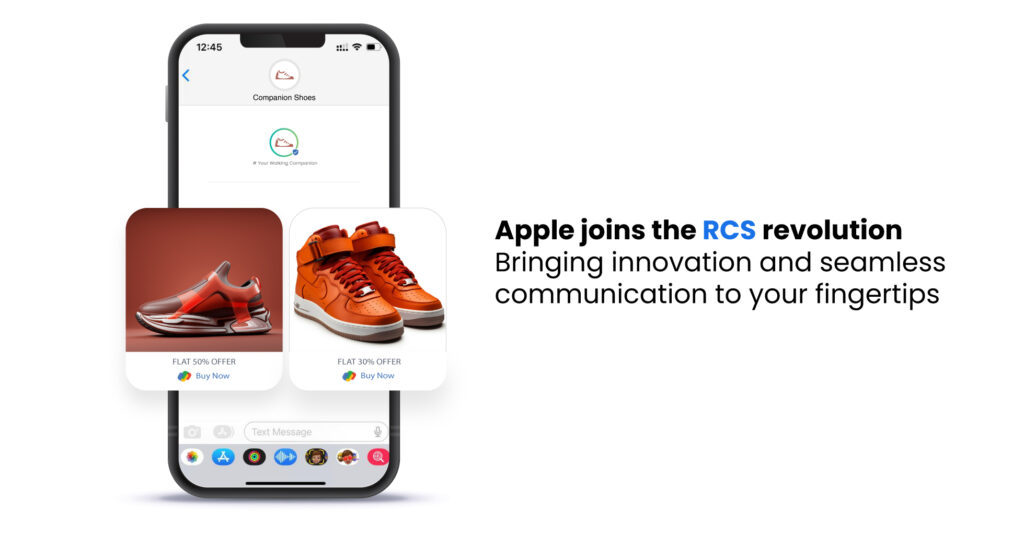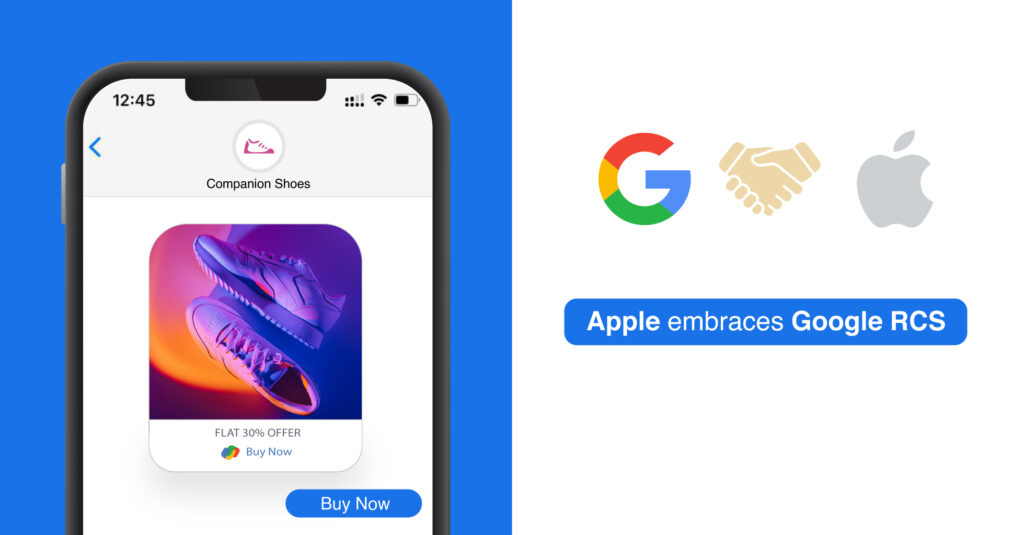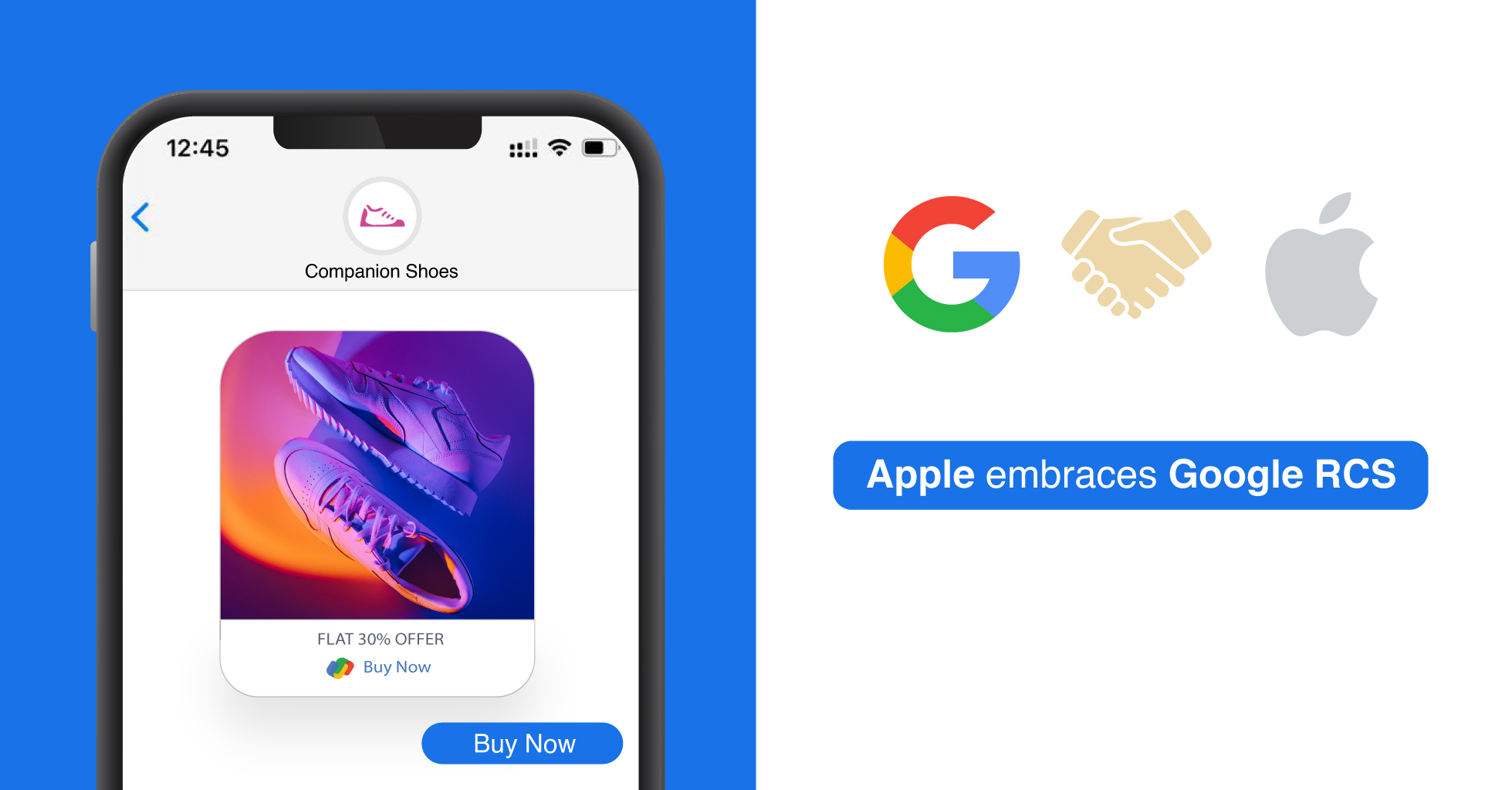Apple Embraces RCS: Transforming the Future of Cross-Platform Messaging
In a groundbreaking move, Apple has announced its commitment to support Rich Communication Services (RCS) on iOS devices, signaling a major shift in the landscape of mobile messaging. Let’s unpack the key details surrounding this development and explore the potential implications for the future of communication.
Apple’s RCS Adoption: Bridging the Gap Between Android and iOS
Apple’s decision to enable RCS messaging on its devices means that both Android and iOS users will soon enjoy the benefits of rich messaging features, fostering seamless communication between different platforms. While iMessage remains the preferred channel for Apple users, the integration of RCS promises to bring an end to the longstanding debate over the superiority of blue message bubbles versus green.
The Timeline: When Can We Expect RCS on Apple Devices?
While the exact release date remains unspecified, Apple has communicated that support for RCS will be rolled out later in 2024. Jacqueline Roy, an Apple spokesperson, emphasized the incorporation of RCS Universal Profile, aligning with the standard set by the GSM Association. This move aims to enhance interoperability, offering users a superior experience compared to traditional SMS or MMS.

The motivations driving Apple’s adoption of RCS remain officially undisclosed, but several influencing factors can be identified. First and foremost, the EU’s Digital Markets Act, implemented in 2022, compels Apple to ensure the interoperability of basic features within its messaging services by 2024. Failure to comply with these regulations could result in fines amounting to 20% of Apple’s total revenue, providing a compelling incentive for the company to embrace RCS support.
Additionally, the surge in the popularity of RCS cannot be ignored, with the platform boasting 1.2 billion users in 2022 and an anticipated growth to 3.8 billion users by 2026. This exponential rise positions RCS as a major player in the evolving messaging ecosystem, further motivating Apple’s integration. Furthermore, the move to RCS directly addresses historical user frustrations regarding rich messaging between Apple and Android users. Previously, sending an image from an iOS device to an Android counterpart resulted in an MMS, potentially incurring additional charges.
With RCS support, Apple aims to deliver a seamless communication experience, potentially reshaping carrier revenue models. In conclusion, Apple’s decision to support RCS signifies a pivotal moment in the evolution of mobile messaging, promising a more connected and user-friendly experience as we approach 2024, with the convergence of iOS and Android through RCS bridging the gap between different platforms and setting the stage for a new era in communication.





